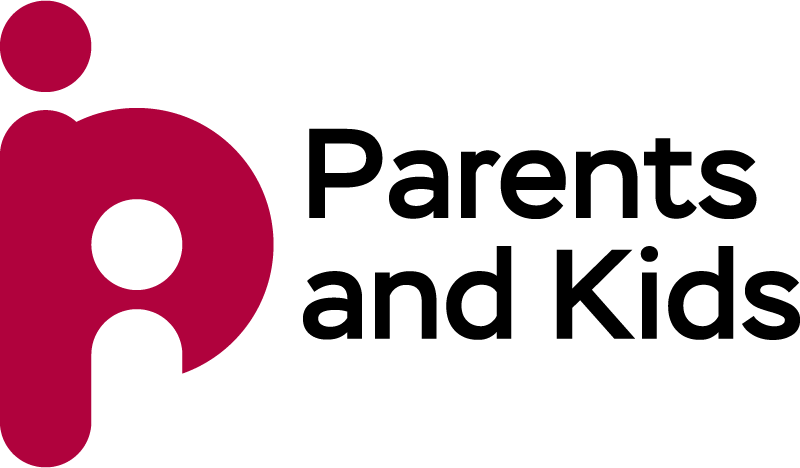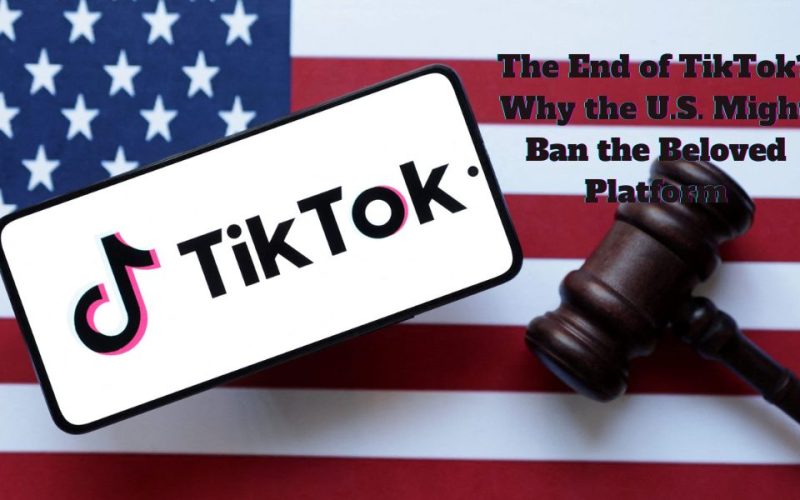The ongoing debate surrounding TikTok’s presence in the United States has taken a dramatic turn, with lawmakers and government officials once again pushing for the app to be banned nationwide. The video-sharing platform, owned by the Chinese tech giant ByteDance, has faced years of scrutiny over alleged data privacy risks and potential national security threats.
Why Is TikTok Facing a Ban?
The primary concern lies in TikTok’s connection to China. Critics argue that the app’s ownership could allow the Chinese government access to vast amounts of user data from millions of Americans. While TikTok has repeatedly denied these allegations and emphasized its commitment to data security, calls for its ban have only intensified.
In a recent statement, Senator John Thune, one of the leading advocates for stricter regulations on foreign-owned apps, said, “Americans deserve to know their personal data is not being weaponized by foreign adversaries. TikTok’s ties to China remain a grave concern.”
Steps Toward a Ban
The push to ban TikTok has gained momentum in several ways:
- Legislative Proposals: Multiple bills have been introduced in Congress, including the RESTRICT Act, which aims to empower the federal government to limit or ban technology deemed a threat to national security.
- State-Level Actions: Over two dozen states have already banned TikTok on government devices, citing fears over sensitive data being accessed.
- Federal Review: The Committee on Foreign Investment in the United States (CFIUS) has been investigating TikTok and considering whether to demand ByteDance divest its U.S. operations or face a nationwide ban.
TikTok’s Response
TikTok has launched a vigorous campaign to defend its operations. The company emphasizes its data localization efforts, including its $1.5 billion “Project Texas,” designed to store U.S. user data domestically and operate under the oversight of American companies like Oracle.
In a public statement, TikTok CEO Shou Zi Chew stated, “We are committed to transparency and ensuring the safety and security of our community. Banning TikTok will not address broader concerns about data privacy across all apps and platforms.”
What Could a Ban Mean for Americans?
TikTok has become a cultural phenomenon, with over 150 million active users in the United States. A ban could disrupt the lives of countless creators, small businesses, and everyday users who rely on the platform for entertainment, marketing, and income.
However, supporters of the ban argue that protecting national security should take precedence over entertainment. “No platform is worth compromising the safety of our citizens,” said Senator Marco Rubio, another proponent of the ban.
What’s Next?
The future of TikTok in the U.S. remains uncertain. While the platform continues to operate, its fate could hinge on upcoming decisions by Congress and the Biden administration. For now, users are left wondering: Is this the end of TikTok in America, or will the app manage to dodge yet another crisis?










